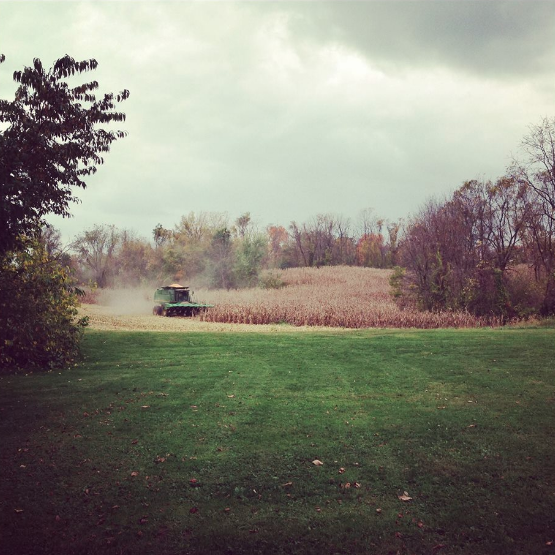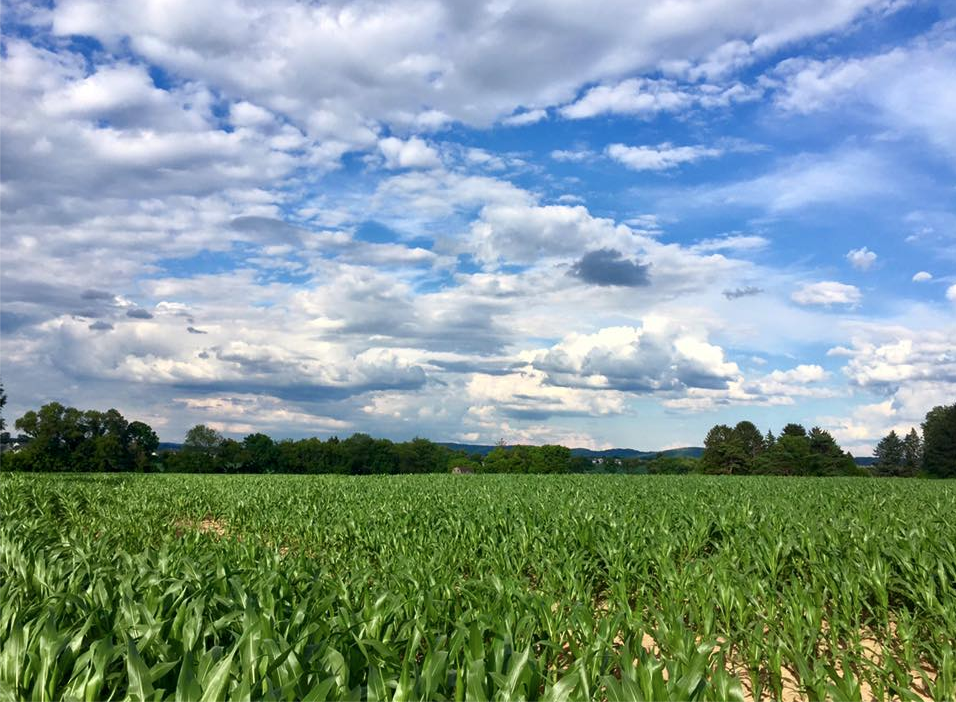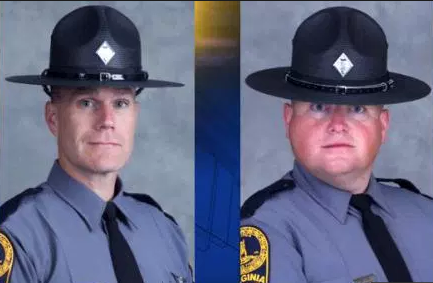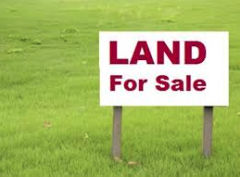Rep. Ryan Mackenzie
Ryan Mackenzie <rmackenzie@pahousegop.com>
State Rep. Ryan Mackenzie,
I found this published list of targets that confirms your intent to raid designated farmland preservation funding. While I appreciate your work to deliver a revenue package without a tax hike, I need to argue strongly against targeting the Agricultural Conservation Easement Purchase Fund. Largely because the preface and many assumptions laid out in your budget overview are incorrect. Specifically two of the criteria in the outline establishing why programs are targeted do not apply to our program. 1.) “There would be no impact to operations of the fund.” and 2.) “Funds showed recurring unused balances.” As a strategy this makes sense. But these criteria do not apply to the Conservation Easement Program. In short the facts are: Less farms would be preserved in the immediate future and the program does not carry unused funding.
First, this budgeted money has been coming from a dedicated revenue source, (cigarette tax revenue), since 1993. A second dedicated source was added in 2005. These funding sources have been in, and ought to remain in a silo.
Second, as I understand it, the crux of this budget is to target special funds that essentially “squirrel away” money beyond what is needed to operate for the current year. However, the agricultural easement program carries an encumbered balance by design. In fact the enabling legislation was drafted specifically to allow for that.
The reason is obvious to anyone familiar with the program. As I certainly hope you know, preserving farmland can easily take more than a year to accomplish. A typical farmland preservation transaction across the state includes an application, an appraisal, title work, surveying, preparation of a sales agreement, approval by the county and state preservation boards and then settlement before any money is spent.
Consequently, prior to the recent August meeting of State Land Preservation Board, there was a balance of approximately $58 million of unspent state preservation funds. That includes funding from 2015, 2016 and 2017. State law allows three years for these funds to be spent. The $58 million balance is encumbered money. It is not a surplus.
So rubber to the road, how will removing this money impact Lehigh County? Right out the gates, we have 13 farms totaling 700 acres that are holdover applications from last year. The preservation of these farms is dependent on dedicated monies waiting to be spent. If this revenue is cut from the budget, most of these farms will not be preserved. This will certainly anger not only the current program applicants who are anxiously waiting to be paid for selling off their development rights, but it will create distrust and doubt among other farm owners who are considering joining the program. It will also be a betrayal of the county taxpayer who have committed money to the program on the promise that the state will also ante up.
The Lehigh County program currently has almost $2.2 million worth of farmland development rights approved by the State Board but waiting to receive the participating checks from the state. Another $1.3 million in development rights purchases are in the county preservation pipeline.
This totals almost $3.5 million worth of county development rights, most of which will not be preserved if your proposal to cut the dedicated state contribution is enacted.
The state money is not just “sitting there”. It is already encumbered and allocated to be spent for the farmland preservation goals supported consistently by supermajorities of PA voters. Every single dollar allocated will be spent to that end.
In conclusion, I encourage you to come to our next county farmland preservation board meeting to learn more about the process and how the proposed budget directly impacts our preservation efforts and runs completely contrary to the county’s preservation efforts and progress. I’ve also included a list of resources for you below that demonstrate the broad public support for farmland Preservation in Lower Macungie and other communities you represent but also the greater Lehigh Valley.
Ron Beitler
Treasurer – Lehigh Co. Agricultural Preservation Board
Vice President – Lower Macungie Twp. Board of Commissioners
RonBeitler@gmail.com
Resources:
Southwest Regional Comprehensive Plan
Renew LV farmland preservation survey
Lehigh Co. Farmland Preservation Board





